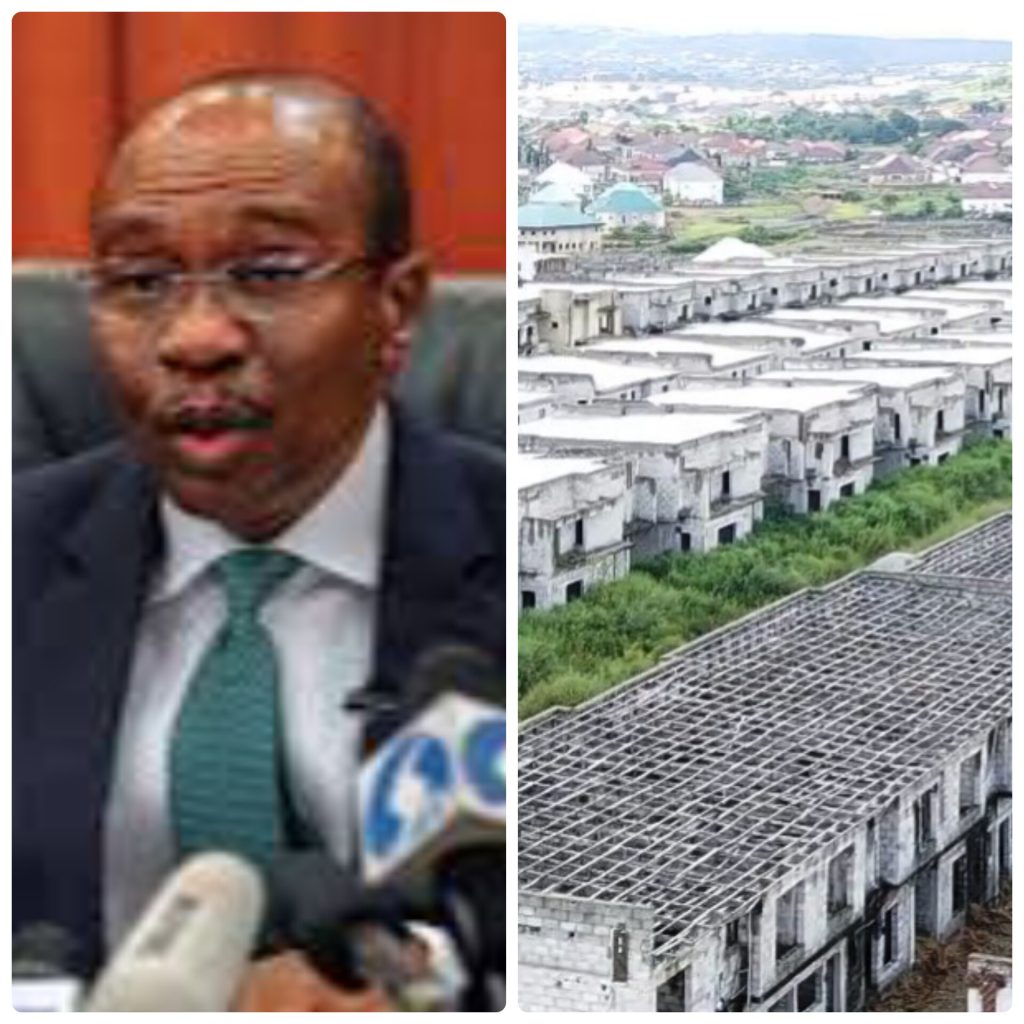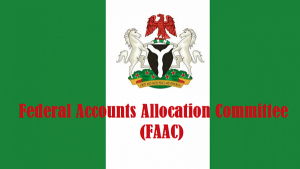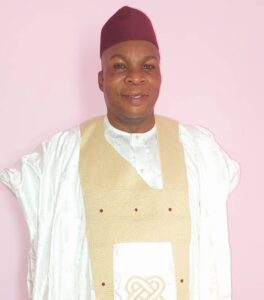
The former governor of the Central Bank of Nigeria (CBN), Godwin Emefiele, has been identified as the owner of a sprawling Abuja estate containing 753 duplexes, which was recently forfeited to the Nigerian government. The forfeiture followed a Federal Capital Territory (FCT) High Court ruling, presided over by Justice Jude Onwuegbuzie, who described the property as reasonably suspected to have been acquired with proceeds of unlawful activities.
Human rights activist and #RevolutionNow Movement convener, Omoyele Sowore, broke the news on social media, criticizing the Economic and Financial Crimes Commission (EFCC) for initially withholding the name of the property’s owner. Sowore accused the EFCC of leniency toward “big thieves” while being harsh on smaller offenders, such as alleged internet fraudsters.
The EFCC described the estate, located on Plot 109, Cadastral Zone C09 in Lokogoma District, Abuja, as the single largest asset recovery in its history since its establishment in 2003. Measuring 150,500 square meters, the property includes 753 duplexes and other apartments.
Emefiele is currently facing multiple charges, including corruption linked to the controversial naira redesign, before the FCT High Court in Maitama, Abuja. Justice Maryann Anenih adjourned the trial until December 4, 2024, and January 21, 2025, for continuation.
Sowore, a former presidential candidate of the African Action Congress (AAC), expressed outrage over the EFCC’s handling of the matter, stating, “The @officialEFCC is now doing PR for thieves.” He further criticized the Commission for its perceived bias, contrasting its treatment of Emefiele with its public shaming of alleged “Yahoo boys.”
In a statement, the EFCC justified the property’s forfeiture under Section 17 of the Advance Fee Fraud and Other Fraud Related Offences Act, 2006, and Section 44 (2)(b) of the Nigerian Constitution. Justice Onwuegbuzie upheld the forfeiture, ruling that Emefiele had failed to provide sufficient evidence to retain the property.
This development has reignited debates on corruption in Nigeria and the enforcement of accountability for high-ranking officials.







